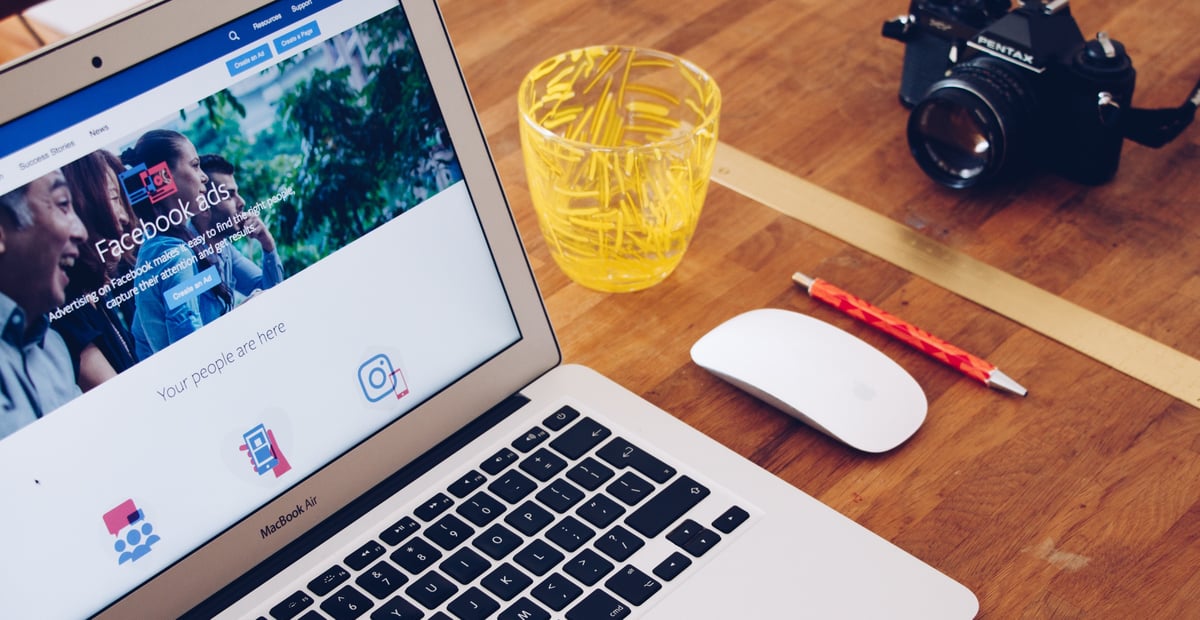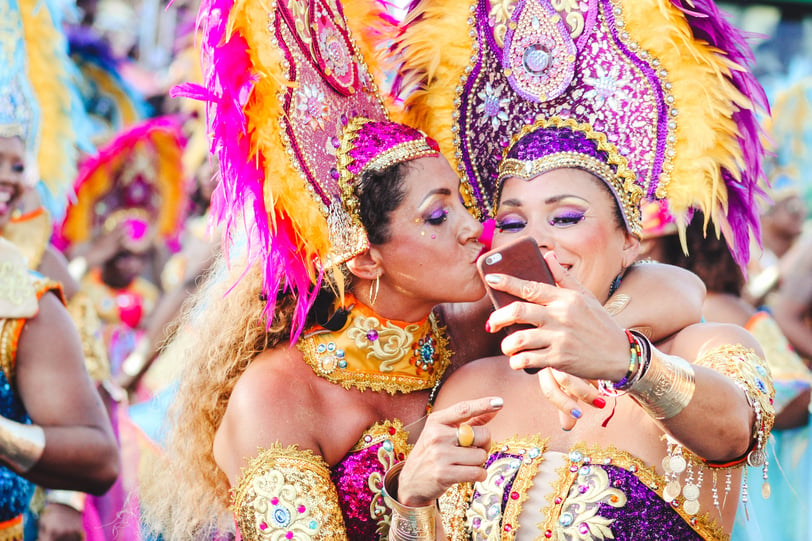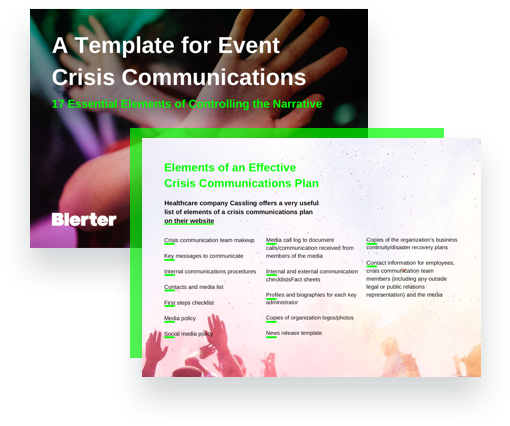The power of social media is universally known and it’s no myth that it’s an invaluable platform in the events industry.
Earlier this year, Event Manager Blog’s survey revealed that “social media is of high importance to eventprofs” like you, and particularly for “pre-event management..with almost 90% typically using social media for this purpose”.
But, it’s one thing having that Facebook page or Instagram account set up, it’s another thing effectively using social media channels to build brand engagement and ultimately sell your events. Which is what we’re all after right…
Event Manager Blog’s survey also called out that 73% of event planners “believe social media to be the most effective tool for marketing events”.
With that being said, it’s time to ensure you’re using it effectively. And, to assist you, we’ve pulled out a few tips to help you leverage your social channels to boost your social presence and promote your events successfully.
1. Use the right channels for your target audience
2. Use hashtags
3. Utilize Influencer Marketing
4. Invest in Social Media Ads
5. Run a competition
6. Use your fans to create content
![]()
First things first, it’s crucial you take the time to understand where your target audience “hang out” and the multiple ways you can use the different social channels. Rule one of effective social media marketing is ensuring you’re targeting the right people, on the right channels, at the right time, with the right content. Sounds simple enough, but don’t be fooled and be prepared, getting this right is an iterative process and it takes time experimenting with content and channels before you hit the sweet spot. Once you’ve achieved this though, you’ll be well on your way to success....
To start with, you can have a sneaky look at which channels your competitors are getting engagement on. But there are also other, more in depth, methods you can use to identify demographics of certain sites which help match you to the audience you want to target. Check out this article from Spredfast which provides some statistics circulating the demographics for each of the main channels.
Come up with a funky ‘#’ reference for your event and use it everywhere. Tag all your content using the event hashtag and encourage your followers, attendees and fans to use it too. This will help build a buzz around your event, and also allows you to identify all the content attached to that event which you can refer back to later.
On top of your own unique hashtag it’s worth researching what else is currently trending that’s related to your event and use a couple of those hashtags on your posts too. Don’t overdo it because you don’t want your content to look like spam, but adding in a couple of those trending hashtags is a quick way to get your content in front of a wider, relevant audience.
According to Twitter “nearly 40% of Twitter users say they’ve made a purchase as a direct result of a Tweet from an influencer.” This comes as no surprise when you consider we’re entering an era where ad blocker usage is on the rise and, as Adnews pulled out from an interview with Canon, “people trust people”. These days, consumers are far more likely to listen to someone they admire than engage with an ad pushed out by a brand. So it’s time to think about leveraging influencers in the events industry and allocating some of your marketing spend to just that. A study by Tap Influence has shown “Influencer marketing content delivers 11X higher ROI than traditional forms of digital marketing” so ultimately it’s going to be worth it for the lift in ticket sales you’ll see.
To find out more on how you can use this method for promoting your events, check out this article by Cision; Why Influencer Marketing is Crucial to Event Promotion.
It can be daunting to start putting money behind your content on social media to advertise your events, but it’s the best way to grow your social strategy and get your event in front of a wider but still targeted audience. Hootsuite provide a comprehensive guide on all the different types of social ads there are on the various platforms and the best ones to use for different objectives.
Creating an ad tailored towards a goal is absolutely key - it may seem obvious, yet it is often overlooked so make sure you have a clear idea of what you want to achieve with your social strategy before you invest in advertisements and extra resources. For a helping hand, check out Sprout Social’s pointers on creating your social media goals.
It’s important to advertise on the channels where your target audience are “hanging out”. But, if they are across multiple channels and you’re unsure where to start, Facebook is a good channel to start with. Facebook has more users than any other social network, 2.23 billion monthly active users in fact and constantly growing. Plus, Facebook’s ad manager platform helps you effectively create, optimize, manage and review your ads so you can keep a close eye on how they’re performing and adjust them accordingly.

Everyone loves a freebie or a discount so why not create a contest or giveaway on your social channels to win free or discounted tickets. You can ask people to like, share and tag friends in your posts to be in with the chance to win tickets. Or you can ask them to post their pictures from the event for the chance to win some swag.
The options are endless for running contests on your page so get creative. Just bear in mind there are rules around what you can give away on social media and the T&Cs that need to be included so be sure to read up on them first. As a starting point, this article from Shortstack provides an overview of contest rules for Facebook and Instagram.
We’ve already identified that “people trust people” so what better way to promote your event than use content from your fans, followers and attendees. User generated content (UGC) not only saves you time, money and resources but it’s a hugely effective way to build positive perceptions about your events and your brand. You could even build this into a competition by getting people to submit videos and photos that can be shared on your social channels in return for the chance to win free entry to your event.
This content is great for promoting your event and can also be leveraged during and after your event too by encouraging people to share their experiences with you on social media. That way, those people that decided not to buy a ticket this time will see the success of your event and be first in the queue next time.

Social Media is always evolving and new trends are constantly emerging that you can harness to promote your events. Last year the new trend was ads on #instagramstories, today it’s #influencermarketing and who knows what will come next. You can’t be expected to be an expert in everything, or always get it right, but if you follow these tips you’ll be well on your way to creating a social media presence that helps you build a loyal following, effectively promote your events and helps you engage with the wider events community.
When it comes to organizing events, using Social Media to promote them is just one piece of the puzzle. Check out the "need to Knows" when planning an event and our resources for more handy event planning tips, or get started with the checklist below.

Streamline your delivery, be prepared for things that can go wrong and increase crew engagement at your next event.